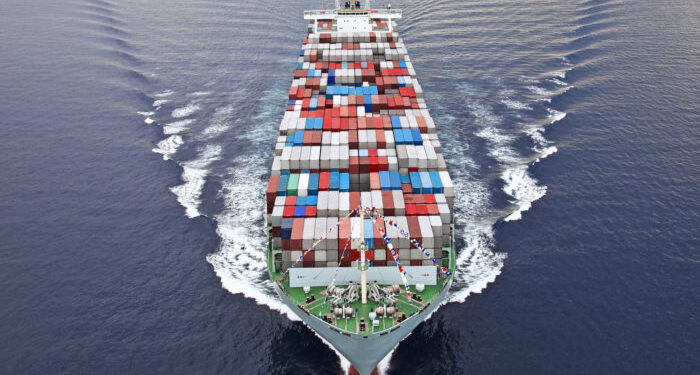The English Court decided that ‘On a true construction of the Bill of Lading, the Owner is not liable for any loss of or damage to any cargo carried on deck, including loss of or damage to any cargo carried on deck caused by the unseaworthiness of the Vessel and/or the Owner’s negligence’, according to Bill Kirrane, Steamship’s Mutual Syndicate Manager.
Specifically, the English High Court officially stated that ‘a shipowner has no liability for loss or damage to deck cargo where the bill of lading covering the cargo stated that the cargo was carried on deck and incorporated a clause excluding liability for such cargo “howsoever arising.”’
Concerning a real-life icnident, a project shipment including 201 packages of cargo was transmitted from Thailand to Algeria onboard the ELIN.
The bill of lading was issued for the cargo, which included the cargo’s description ‘(of which 70 pckgs as per attached list loaded on deck at shipper’s and/or consignee’s and/or receiver’s risk; the carrier and/or Owners and/or Vessel being not responsible for loss or damage howsoever arising)‘.
Standard Club added that
‘(c) The Carrier shall in no case be responsible for loss of or damage to the cargo, howsoever arising prior to loading into or after discharge from the Vessel or while the cargo is in the charge of another Carrier, nor in respect of deck cargo or live animals.’
[smlsubform prepend=”GET THE SAFETY4SEA IN YOUR INBOX!” showname=false emailtxt=”” emailholder=”Enter your email address” showsubmit=true submittxt=”Submit” jsthanks=false thankyou=”Thank you for subscribing to our mailing list”]
Some of the vessel’s cargo was lost or damaged due to heavy weather conditions. The cargo interests supported that the Owner was responsible for the damaged or lost cargo, because he didn’t exercise due diligence to make the ship seaworthy at the commencement of the voyage, or to properly and carefully load, stow, carry and care for the cargo.
Mr Justice Picken, Presiding Judge of the Wales Circuit, ordered the trial of a preliminary issue with respect to any deck cargo:
Whether, on a true construction of [the Bill of Lading], the Defendant is not liable for any loss or damage to any cargo carried on deck howsoever arising, including loss or damage caused by unseaworthiness and/or the Defendant’s negligence.
Also, Stephen Hofmeyer QC, as a Judge in the High Court, addressed that the Owners were not responsible for loss or damage to the cargo that had been stowed on deck. He added that on-deck cargo is a risky situation, so they should be differently treated by law.
Specifically, the products that are transferred on deck in the bill of lading are not ‘goods’ within the meaning of the Hague or Hague-Visby Rules. In this way, a shipowner can contract to ship such goods on his own terms, and not be bound by the Rules.
Steamship highlights that in English law clear words are necessary if a party to a contract wants to exclude or limit their liability, and such words are read restrictively, against the party that seeks to rely on them.
In this occasion, the Judge noted that the words in the bill of lading were clear and easy to understand, and commented that “words of exemption which are wider in effect than “howsoever caused” are difficult to imagine, and, over the last 100 years, they have become “the classic phrase” whereby to exclude liability for negligence and unseaworthiness.”
It was concluded that in this case
On a true construction of the Bill of Lading, the Owner is not liable for any loss of or damage to any cargo carried on deck, including loss of or damage to any cargo carried on deck caused by the unseaworthiness of the Vessel and/or the Owner’s negligence.
See also

































































